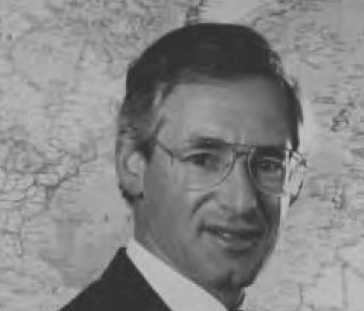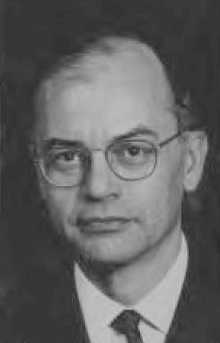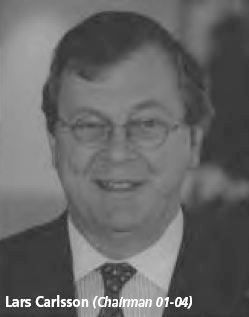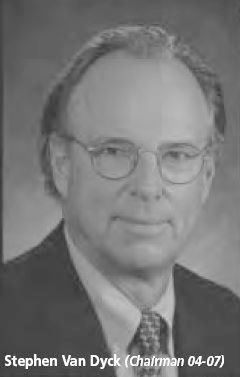Into the 21st century and beyond (1996-2009)


As the 20th century gave way to the new millennium, the year 2000 saw INTERTANKO gain a landmark legal victory in Washington (US V. LOCKE AND INTERTANKO V. LOCKE) when five years of fighting through the US courts resulted in the Association winning its argument that individual US states had no constitutional right to regulate matters of vessel design, construction, maintenance, operation, equipping and manning.
INTERTANKO’s role became increasingly political as the decade wore on, with an emphasis on regulation at the IMO, in Washington D.C. and in Brussels, as well as emphasis on the environment and on the industry’s image.
The first decade of the 21st century, however, started with relatively tight market balance and a limited shipbuilding capacity, which helped boost earnings.
Shipping super boom
For a large part of the 2000s, shipping experienced a super boom, with all sectors of the industry enjoying unprecedented simultaneous profitability for a time.
With a closer supply/demand balance and increased employment came greater market volatility. VLCC spot rates swung from US$10,000 to US$100,000 a day in six months, then from US$15,000 to a peak of close to US $250,000 a day in another 6-12 months.
The ‘chain of responsibility’ concept came to the fore again in 2002 when Prestige broke up off the coast of Spain. This incident not only resulted in the loss of 70,000 tonnes of fuel oil, but ushered in the EU phase-out regulation and a further tightening of the international phase-out regime.


With the industry cooperating to produce a compensation regime that balances the interests of all stakeholders, the limits of liability under the 1992 CLC/Fund regime were raised by 50% in 2000, and in 2003 the Supplementary Fund provided a third tier of compensation up to $1.2bn.
At the same time, the tanker trades were becoming diversified, with almost twice as much oil going Middle East/East as went Middle East/West. China’s oil consumption increased by 77% over the decade, pushing its oil imports up 250% and becoming one of the main drivers of the tanker market.
This same message was repeated by Nicholas Fistes when he served as INTERTANKO Chairman between 2007 and 2009.


